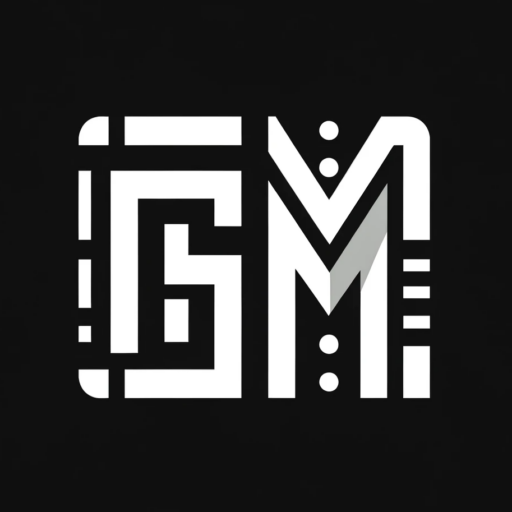This is a list of questions I’ve collected over the years that resonate with my business and product philosophies.
Most are not original and were collected from or inspired by various books, articles or talks.
These primarily apply to ‘tech’ businesses, but every business must become a ‘tech’ business to some extent to thrive these days.
The 3 most important questions
- How do we get customers in the door?
- How do we get customers to the “wow” moment quickly?
- How do we deliver value as often as possible?
Customers & value props
- Why don’t customers buy? Why don’t they stay? Do we know?
- Does our product make things easier or help our customers serve their clients better?
- How do we make it so customers using our product are significantly better off than before?
- How do we understand what people think they want and translate the value of our products into their terms?
- Are we starting with technology or with customers? We should start with customers and work back towards the tech because the tech is just a tool to solve customer problems.
- How do we sell the innovation, not the product?
- When customers use our product, how do we want it to change them? How do we sell that vision to get them to switch?
- What value does this deliver to customers?
- Are we doing what’s right for the customer? Always? No matter what?
- Are we building a business around products customers love to use?
Strategic introspection & core competencies
- Companies invested in the way things used to be and predicated on old assumptions die. What assumptions is our business based on? Are they still true? Will they continue to be?
- There are vision problems, business model problems, and execution problems. Which do we have?
- Companies succeed when they focus on what is truly unique to them. What can we be uniquely good at?
- Are we differentiated, or are we the low-cost leader?
- Are we chasing field mice or hunting antelope?
- Are there any places we succeeded because a strong market allowed us to be strategically inept? Think about Twitter: Product market fit was so strong that they never had to do the hard work of 1) understanding what made them successful and 2) building a real business model until it was too late.
- What things about our [market/customers] will never change? Are we investing enough in those?
- Assume it’s one year from now, and we failed at our goal. What went wrong?
- What would my replacement do if I was fired?
- Culture is a microcosm of the leader’s psychology. How is yours?
- Are we listening enough to the people on the front lines?
- Are we putting enough importance on making the ‘important thing’ good?
- Are we doing too much marketing (waving our arms) and not enough branding (building trust)?
- For service companies: Are we maximizing our addressable market?
- What’s our unfair advantage?
Trends
- Where will the profits be in the future?
- How do we embrace the transition to [trend] and growth of [trend]?
- What trends are we best positioned to take advantage of?
- What’s the future state of the world, and what needs will people have because of it?
- How do we thrive in a post [past trend] world?
- Are we fighting gravity?
Opportunities & adaptive strategy
- If outsized success is achieved by going to extremes, how do we do this? How would competitors do this?
- What would 10x better look like? How would we start over? What is the customer’s fundamental problem, and how do we solve it this way?
- What big bets are we making?
- What would winning look like if it were easy?
- How do we leverage commodity services as a bootstrap for higher-level services? (e.g., data gravity)
- Complex systems can’t be designed. They can only evolve. Can we seed any “Cambrian explosions” around our business or ecosystem?
- Where should we tinker with objectives vs. tinkering with alternatives? Sometimes related: It’s often easier to change the rules of competition than to change our fundamental nature as a company.
- Are our investments aligned with our opportunities?
Experience & differentiation
- Are we thinking about the full user experience (from consideration to purchase) as UX, or just the UI? Features don’t create differentiation, experiences do.
- Does every product we have complement the rest of our products and make them more attractive?
- How can we pull modular components together into solutions around customer problems?
- Are we relentlessly removing friction for our customers?
Alignment
- Are incentives across the organizations/teams/products aligned?
- What outcomes are we incentivizing? Management is about creating a series of incentives where people do the right thing because it’s in their best interest to do so.
- Do we have clear tasks and goals, clearly communicated, with clear and frequent measurement?
- Strategy is about decisions and trade-offs: Are we moving one step in 20 directions or 20 steps in one direction? Focus over compromise. Strategy is what you don’t do.
Moats & Long-Term Defensibility
- What are our accumulating advantages that create defensibility? Examples:
- Brand (Can we own a category? Become a verb?)
- Distribution (Can we innovate on distribution?)
- Economies of scale
- Network effects
- Regulatory capture
- Switching costs
- Vertical integration
Efficiency
- Are we building in costs that we won’t be able to get back from the market?
- Over the long run, the most efficient wins. How efficient are we relative to competitors? How do we become more efficient?
- Where can we turn expense lines into revenue lines?
- Are we celebrating shipping/execution as a habit?
- How do we get 80% of what we want for 20% of the work?
To be continued…
